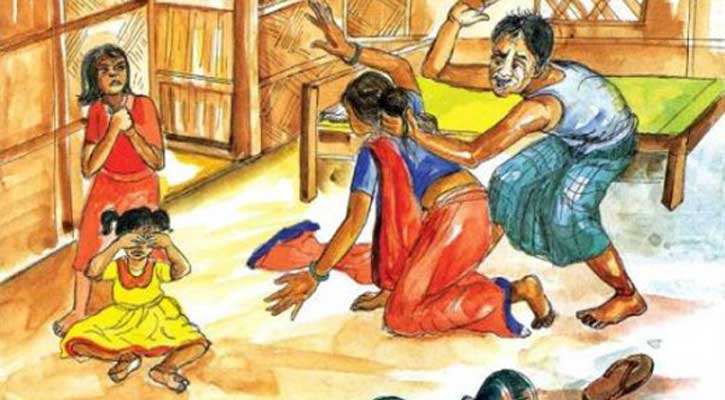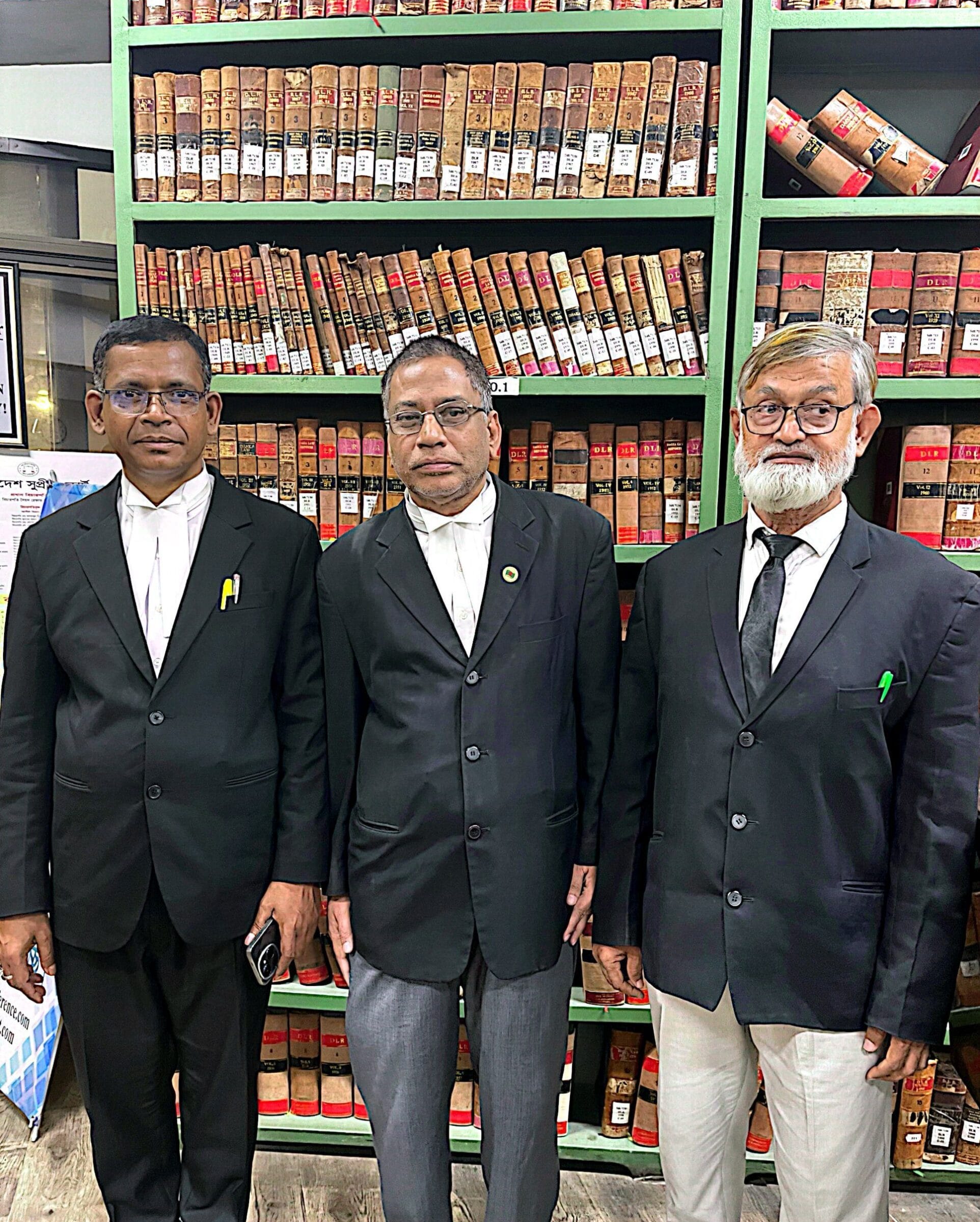Women and Children Repression Prevention Act, 2000 – A Comprehensive Legal Overview
Meta Title: Women and Children Repression Prevention Act, 2000 – Legal Analysis, National & International Stats, and How Lawyers Can Help
Meta Description: Explore an in-depth look at the Women and Children Repression Prevention Act, 2000 in Bangladesh with national and international statistics, links to Prothom Alo, BBC, DW, Daily Star articles, and expert insights for legal assistance.
Introduction
In Bangladesh, the battle against violence and abuse of women and children has been a long-standing challenge. The Women and Children Repression Prevention Act, 2000 was enacted to offer a legal shield against rape, dowry-related violence, abduction, trafficking, and other forms of abuse.
Despite the law’s progressive stance and severe punitive measures, challenges remain with delays in reporting, evidence preservation, and societal stigma. This article provides a detailed overview of the Act, shares national and international statistics from sources like Prothom Alo, BBC, DW, and Daily Star, and offers guidance for those seeking legal help.
Overview of the Act
Purpose and Key Objectives
The primary purposes of the Women and Children Repression Prevention Act, 2000 are:
- Prevention: To deter and reduce acts of violence against women and children.
- Protection: To ensure that survivors receive immediate medical care, legal support, and rehabilitation.
- Swift Justice: To establish specialized tribunals that can expedite the investigation and trial process.
- Compensation: To outline procedures for victim compensation and state-assisted rehabilitation.
Key Provisions of the Act
The Act outlines various offenses and corresponding legal procedures:
- Expanded Definitions: Clear definitions of rape, sexual harassment, child abuse, and dowry-related violence.
- Strict Penalties: Severe punishments, including long-term imprisonment and even the death penalty for the gravest offenses.
- Special Tribunals: Establishment of fast-track courts specifically for cases under this Act to ensure speedy justice.
- Victim Support: Provisions for mandatory medical examinations, forensic evidence collection, and financial compensation to support victims.
The Alarming Statistics
National Perspective
Recent studies and reports reveal that violence against women and children remains disturbingly high:
- A 2021 report from Daily Star noted that over 3,700 cases of violence were recorded in one year – including more than 1,200 cases of rape.
- Research by BRAC in 2022 revealed that nearly 50% of women in Bangladesh experience some form of domestic abuse during their lifetime.
- Prothom Alo has reported delays in the reporting process, which greatly affects the preservation of forensic evidence essential for conviction.
International Data
Violence against women is a global issue:
- According to BBC News and UN Women, almost 1 in 3 women around the world have experienced physical or sexual violence, primarily by an intimate partner.
- UNICEF reports that, globally, a teenage girl dies every 10 minutes due to violence. These statistics underscore the urgent need for strong legal frameworks.
- A DW News article highlighted that in 2020, domestic violence cases in Germany surged with over 119,000 victims being reported—demonstrating that gender-based violence is not confined to any one region.
Importance and Impact of the Law
The Women and Children Repression Prevention Act, 2000 is more than just words on paper—it represents the state’s commitment to protecting vulnerable groups:
- Legal Protection: The Act ensures that perpetrators are punished harshly, serving both as a deterrent and a means of justice for the victims.
- Victim Rehabilitation: By mandating immediate medical examinations and the collection of forensic evidence, the Act prioritizes the health and recovery of survivors.
- Streamlined Judicial Process: The creation of special tribunals helps reduce the backlog in courts, ensuring that cases related to gender-based violence are prioritized.
- State-Assisted Compensation: The law provides for financial compensation to help rebuild the lives of victims and their families.
Challenges in Implementation
Despite the progressive framework, the Act faces several challenges in practice:
- Reporting Delays: Victims often hesitate to come forward due to fear of social stigma, which undermines the preservation of crucial forensic evidence.
- Inadequate Infrastructure: Rural areas, in particular, suffer from a lack of advanced forensic labs and trained personnel to conduct timely examinations.
- Bureaucratic Hurdles: Complex procedures and delays in the judicial process can delay the filing and investigation of cases.
- Interagency Coordination: There is a need for stronger collaboration between law enforcement, healthcare providers, and the judiciary to ensure the mandated procedures are followed effectively.
Steps for Victims and How Legal Professionals Can Help
What to Do if You Are a Victim
If you or someone you know is a victim of violence, consider these steps:
- File a Report: Immediately visit your nearest police station to file an FIR (First Information Report).
- Seek Medical Help: Request a prompt forensic and medical examination to preserve all evidence and get necessary treatment.
- Contact a Legal Aid Service: Reach out to dedicated legal organizations such as Bangladesh Legal Aid Services Trust (BLAST) or local NGOs for guidance.
- Document Everything: Keep detailed records including photos, witness statements, and any digital evidence.
- Get Professional Legal Assistance: Consult a lawyer who specializes in cases under the Women and Children Repression Prevention Act, 2000.
Role of Lawyers
Experienced legal professionals play a crucial role in making sure that survivors receive the justice they deserve:
- Filing Cases: They ensure all legal documentation is correctly prepared and submitted.
- Evidence Collection: Lawyers work with forensic experts to secure evidence, crucial for a successful prosecution.
- Representation and Advocacy: Legal advocates not only represent victims in court but also liaise with support agencies, ensuring comprehensive assistance.
- Court Efficiency: By using fast-track tribunals as prescribed in the Act, lawyers help in reducing trial delays and speeding up judicial proceedings.
News and Resource Links
For more detailed news and ongoing updates about the law and gender-based violence, please visit these reputable sources:
Prothom Alo – Latest News and Analysis BBC News – Global Perspectives on Gender Violence DW News – In-depth Reporting on Social Issues Daily Star – Updates from BangladeshConclusion
The Women and Children Repression Prevention Act, 2000 stands as a crucial pillar in the protection of vulnerable groups in Bangladesh. Its robust provisions for victim support, speedy trial processes, and stringent penalties against perpetrators have paved the way for positive changes in the judicial system. Yet, challenges such as delays in reporting, inadequate forensic infrastructure, and bureaucratic inertia continue to hinder its full potential.
For anyone in need of legal assistance or more information about this law, reaching out to a dedicated lawyer specializing in domestic violence cases is essential. With proper legal support, survivors can secure not only justice but also the necessary aid and rehabilitation to rebuild their lives.
Stay informed with the latest reports and updates from authoritative sources such as Prothom Alo, BBC News, DW News, and Daily Star. Together, legal reform, public awareness, and effective enforcement can bring us closer to a society where no woman or child suffers abuse in silence.
Need Legal Assistance?
At T. K. Das Law Counsel, we offer free primary consultations, a fully automated case application system available 24/7, and a dedicated team of expert lawyers with decades of experience. Whether you’re facing a legal crisis or just want to understand your rights, our door is always open.
Contact Us Today
to secure your future and protect your rights.
Contact Us on WhatsApp



